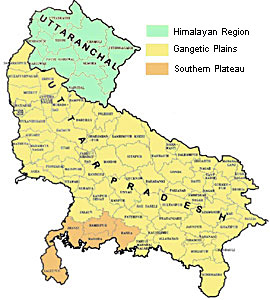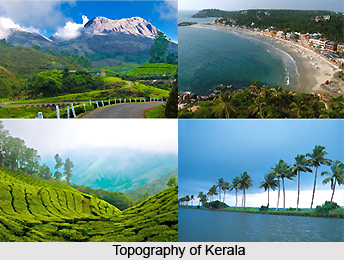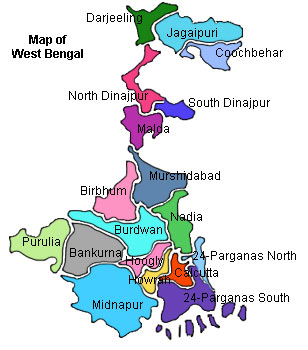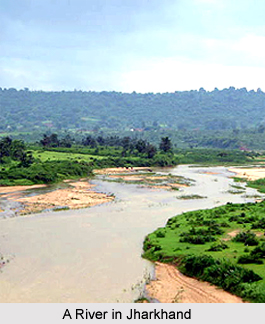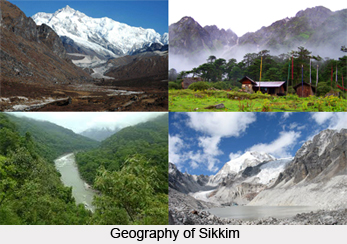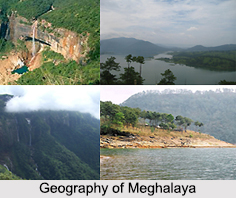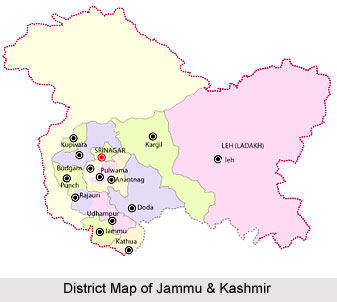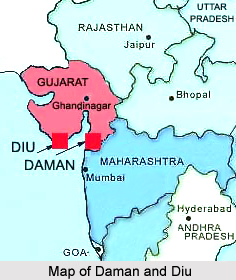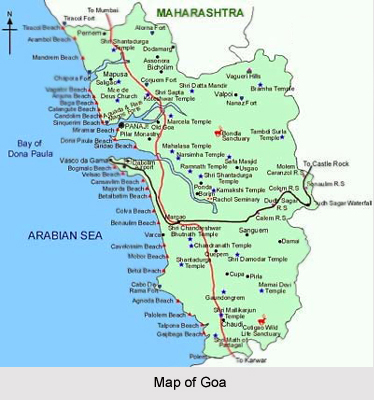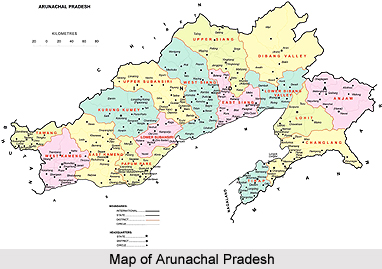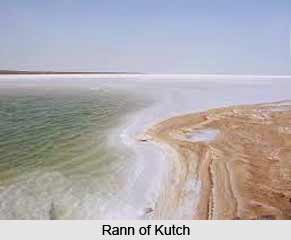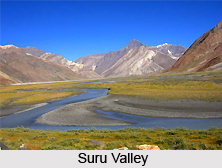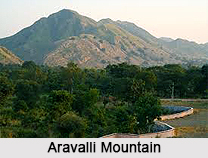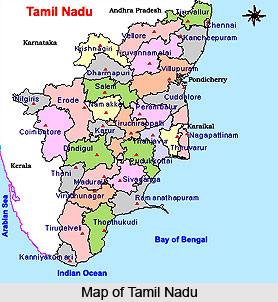 Dihing River, which is also known as "Burhi Dihing River" is a large tributary, about 380 km long, of the Brahmaputra River in Upper Assam Region. The Dihing River originates at 2,375 meters (7,792 ft) above sea level in the Eastern Himalaya Mountains Region, which is known as the Patkai Mountain Range in Arunachal Pradesh and flows through Tinsukia District and Dibrugarh District in Assam to its confluence with the Brahmaputra at Dihing Mukh. Its watershed covers about 6,000 sqkm.
Dihing River, which is also known as "Burhi Dihing River" is a large tributary, about 380 km long, of the Brahmaputra River in Upper Assam Region. The Dihing River originates at 2,375 meters (7,792 ft) above sea level in the Eastern Himalaya Mountains Region, which is known as the Patkai Mountain Range in Arunachal Pradesh and flows through Tinsukia District and Dibrugarh District in Assam to its confluence with the Brahmaputra at Dihing Mukh. Its watershed covers about 6,000 sqkm.
Dihing River has created a number of oxbow lakes in its middle course of the river in the Assam-Arunachal Pradesh Border. The Disam is a small tributary of the Dihing River in its southern bank. Near the Dihing River, there is a rainforest belt. This rain forest is known as Joy-Dihing Rainforest. In this Rainforest, there are a large number of Rubber plantation trees and there are numerous petroleum fields, wet-paddy fields, bamboo orchards and tea gardens. This rainforest belt provides a unique landscape which attracts the tourists of all the ages to come. Ledo, Margherita, Digboi Oil Town, Duliajan and Naharkatia are the small towns in its valley. Dihing River is one of the most important contributors to the Brahmaputra River. The plains of the Dihing Valley have a rich variety of flora and fauna. The Betel nuts are produced most in the areas of the Dihing Plains.
Dihing River Camp
Dihing River is famous for the summer camp. It is an excellent stay option if one wants to relax and have a walk through the rugged plains along the riversides. In this camp one can easily enjoy the natural beauty and also the awesome lip smacking food served lovingly by the local staff. The place is also a good option as a stop over, on the way to Arunachal Pradesh.
Located on the bank of beautiful Dihing River that originates from a glacier in Namdapha Tiger Reserve and finally rolls down to Brahmaputra is a nice and quaint river-side lodge with interesting thatched Bamboo huts in a lush Assamese countryside. Apart from watching birds in nearby Jokai Reserve Forest, one can soak into the traditional rural life in Assamese village, taste local food, visit Silk farms, take part in their cultural activities and enjoy fishing.
